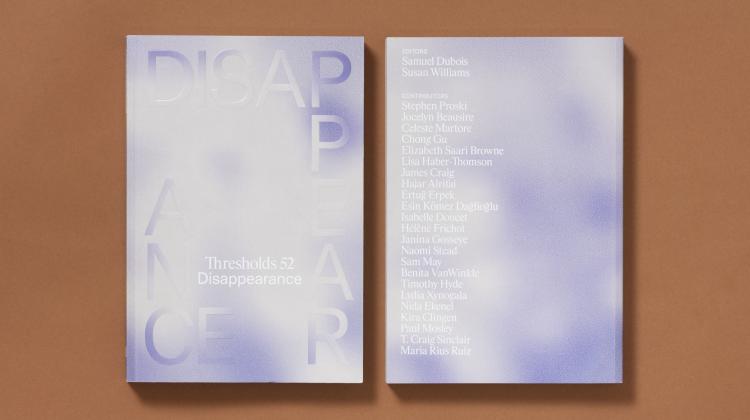Samuel Dubois
Samuel Dubois is a licensed architect (Ordre des architectes du Québec), trained geographer, and historian of the built environment. Born in Thetford Mines, Canada, he holds a B.A. in Geography from McGill University, a B.Sc. in Architecture from the Université de Montréal, and a Master of Architecture from Carleton University. He has several years of professional experience with award-winning architecture firms in the Netherlands, Switzerland, and Canada.
Since 2020, Samuel has been pursuing doctoral studies in the History, Theory, and Criticism of Architecture program at MIT, working under the supervision of Professor Mark Jarzombek. His research interrogates the entanglements between the built environment, resource extraction, and cultural identities, with a particular focus on historically marginalized communities in Québec and Canada.
His PhD dissertation, entitled Arctic Modernities: Architecture and Transcultural Heritage in Inuit Nunangat (Arctic Canada), circa 1850–1950 analyzes the ways in which interactions between Inuit communities and Western whalers and fur traders transformed the Arctic built environment, engendering unique forms of architectural modernities. It demonstrates the heritage of these architectural transcultural practices by foregrounding Inuit oral histories and through critical readings of previously unpublished archival photographs. Samuel's doctoral research has been the basis for academic presentations at leading institutions worldwide, including the University of Oxford (2023), the MIT Museum (2024), Georgia Tech (2024), the New York Public Library (2024), Carleton University (2025), the University of Porto (2025), the University of Helsinki (2025), and Shanghai Jiao Tong University (2026).
His writing, in both English and French, is featured in various peer-reviewed publications, including Divergence in Architectural Research and the Journal of the Society for the Study of Architecture in Canada, and thematic online issues published by the Canadian Centre for Architecture and the Canada Research Chair in Architecture, Competitions and Quality. He is a contributing author to the forthcoming edited volume Ambition, Utopia and Hubris: Classicism in Canada (McGill-Queen’s University Press, 2026) and the co-editor of MIT’s peer-reviewed journal of architecture and art Thresholds 52: Disappearance (MIT Press, 2024), which was recognized by the American Institute of Graphic Arts as one of the winners of the 50 Books | 50 Covers Competition (2025) and by AIA New York | Center for Architecture with the Douglas Haskell Award for Student Journals (2024).
Samuel is the recipient of multiple awards and distinctions, including the MIT Presidential Fellowship, the Joseph-Armand-Bombardier Canada Graduate Scholarship, the Martin Eli Weil Prize (for the best essay in architectural history in Canada), the Prix de la Fondation Habitat 67 (for excellence in housing design), and the Canadian Institute of Steel Construction’s Excellence Award in Steel Design. His work has been generously supported by the Social Sciences and Humanities Research Council of Canada (for both his M.Arch and Ph.D.), the Canadian Centre for Architecture, MIT’s Department of Architecture, and MIT International Science and Technology Initiatives (MISTI).




